Chapter 16: "The More The Merrier"
Some details, ideas, and musings I've had experiencing effective RPGs and RPG Makers
© June 2019 Written by David Wicker
Please do not reprint without permission
Last week we went over Boss combat and how to make it more interesting than just a simple slug-fest.
This
week we're going to go over multi-players again. I know we brushed on this earlier, but I feel it's important to really get this down, and this may be the last chapter on the subject.
Sure one-on-one combat is fine for some early RPGs or exceptionally high graphic and modern ones, but today we have more than just the classic 4-player lineup that Final Fantasy offered us. We have massive tactical games where we keep track of 16 or more players at a time !
But can that get tedious and difficult to manage ? Yes and no.
Yes if you just want a simple adventure game where you keep track of numero uno plus maybe a few friends, and NO if you're looking for a challenge and want to essentially play 'god' to whole communities that bend to your every whim, which could well be the size of the people you have to take care of and keep tabs on in deep tactical games.
But this chapter is not going to go into detail about that. Let's instead focus on 3 or 4-players in a group.
Now this is not to say you can't have different SETS of player. Final Fantasy 7 for instance only lets you have 3-players at a time but you can swap out between quite a bit more.
So what happens to those players who are not in the group ?
Well, this is where it gets interesting. Some games will let ALL players gain experience points after battle, but only half if they are not actually in the active group. Some yield no results at all, essentially putting them on 'ice' until needed.
I think it's a good idea to not 'ice' players that are not in the active group but in some way all players will benefit from combat, no matter who does it or how long you may have 'couched' one of your players.
Also there is the common practice for any players defeated in combat do NOT get to share in the experience points after battle.
I disagree with this though and think they should get SOMETHING as they did participate. Maybe half experience points even if they wind up defeated at the end of combat, treat them just like those players who aren't in the group.
Okay, so now we're comfortable with say 9-players, maybe 3 at a time in the active group, and you can swap out any you like at an SAVESPOT, if the player is on the outside map, or maybe even just when seeking lodging inside a TAVERN. You can change your roster there.
But what other purpose can these multi-players serve besides be additional offense and defensive in combat ?
Quite a bit !
Quite obviously they can add to conversation when communicating with the natives in a town, castle, or other such structure. Each has their own temperament, tenacity, and tensions with the others. Each is a little different from the other with strengths and weaknesses that may well be the opposite of their counterpart.
But they also serve another purpose. It should be possible in your RPG or RPG Maker to have the party SEPARATE from each other. That is, one could possibly have a dream sequence and then enter that dream finding they are alone in that particular side-quest.
You could also set it so each of the 3-players in your team has their own unique 'dream' and you can change going back and forth to any of them with a keyboard switch like "S" for SWAP or something.
When you move that player, they will move independently of the other two that are not with them.
It could be that all three "dreams" meet in the middle and the presence is required of all three to be together, perhaps to be standing on a switch and the door ahead won't open until all three have arrived and are standing on their designated switch, all three of them.
Multi-players could be useful in that some combat encounters could hold monsters that are 100% impervious to standard attacks but quite weak to magical attacks, usually not letting the main player do any damage at all whereas their companion who is weak in hand-to-hand combat is quite strong in the dark arts of elemental attacks.
It could be that one of your companions knows a FIRE spell and their presence is absolutely required in order to get past a barrier, perhaps a large block of ice preventing entry into this massive ice cave.
When they are with you, a small cinema scene could take place showing them hit the ice with their incredible FIRE spell and melting it on the spot - allowing passage for all players then.
Always diversify, have extra players in the team have definite differences in their strengths and weaknesses. You could even categorize it as 3 characteristics. This would give you [6] possible character types.
[A] the first column, red, means Strength
[B] the second column, blue, means Defense
[C] the third, last column, green, means Magic or Speed
Now work out the character types,
[1][2][3] / [1][3][2] / [2][1][3] / [2][3][1] / [3][1][2] / [3][2][1]
You see the six possible values where Strength could hold a value from 1 to 3, Defense also from 1 to 3, and lastly Magic/Speed a value from 1 to 3.
Then designate names for each of these types.
[1][2][3] ... Wizard (poor strength, fair defense, high magic)
[1][3][2] ... Paladin (poor strength, high defense, fair magic)
[2][1][3] ... Cleric (fair strength, poor defense, high magic)
[2][3][1] ... Guardian (fair strength, high defense, poor magic)
[3][1][2] ... Journeyman (high strength, poor defense, fair magic)
[3][2][1] ... Barbarian (high strength, fair defense, poor magic)
Or YOU decide how you want to allocate the differences in your players, even developing your own charts and design.
. . .
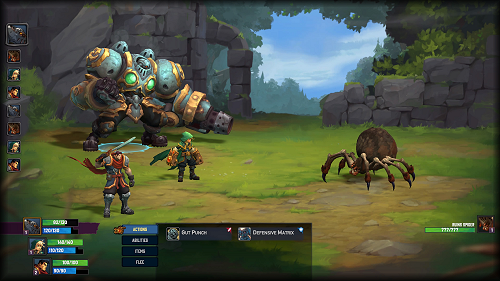
Never underestimate the importance of multi-players in a team. Briefly, let's go over what we learned.
[1] Extra players means easier combat, the critters don't just target the one player
[2] Extra players means greater and more vivid humor and drama in cut-scenes
[3] Extra players means you could have them branch out and find individual adventures
[4] Extra players means all three could meet at a point and hit three switches to continue
[5] Extra players means a barrier could not be crossed unless a particular player is present
And there you have it !
. . .
Next
week we're going to cover the importance of cool downs, that is, action or turn-based RPGs where you have items or abilities that when activated have a cool down period before they can be re-activated.
I'll give my take on this versus actual standard Magic Points and the Pros and Cons of this unique method of limitation.
Until then, bye for now ...



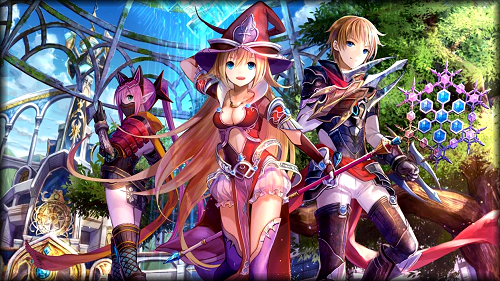
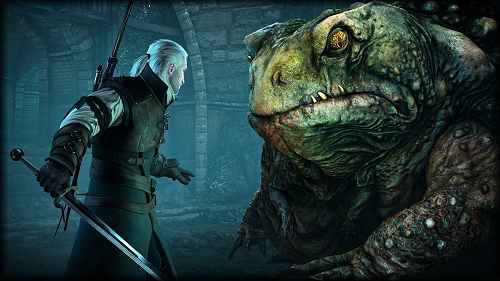
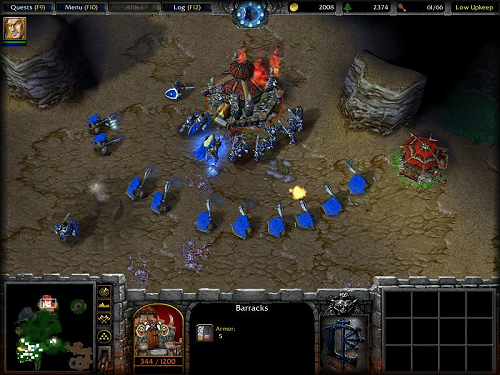
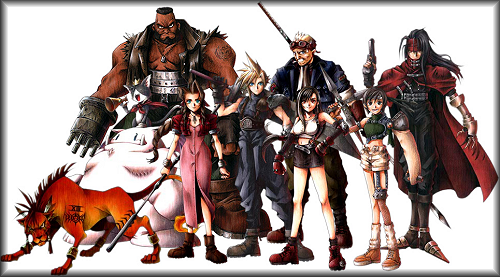
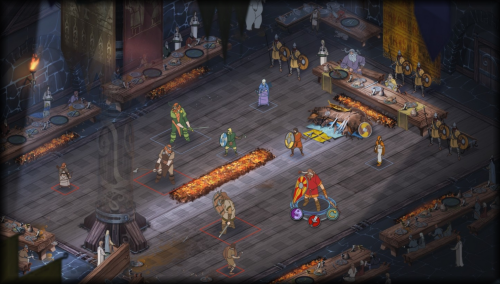
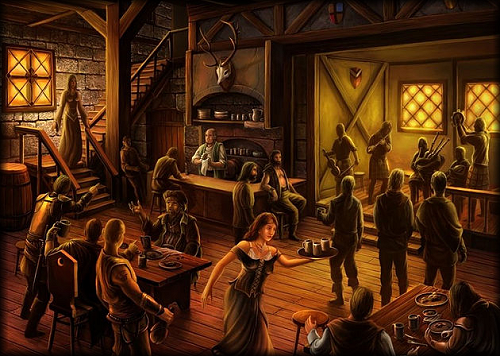
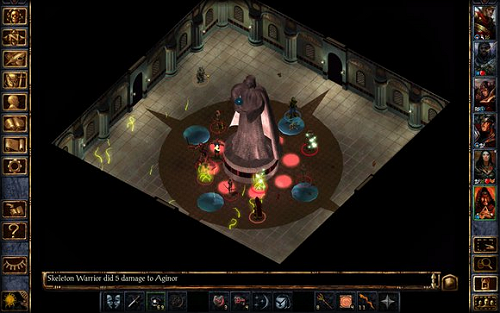
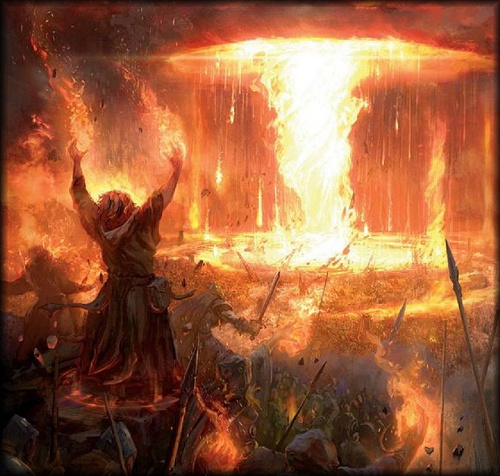
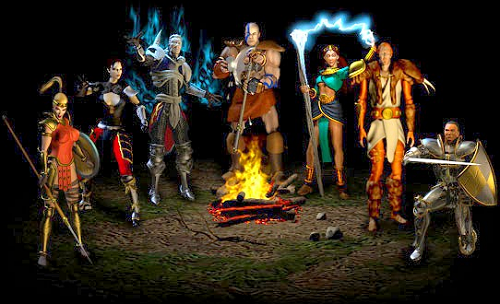

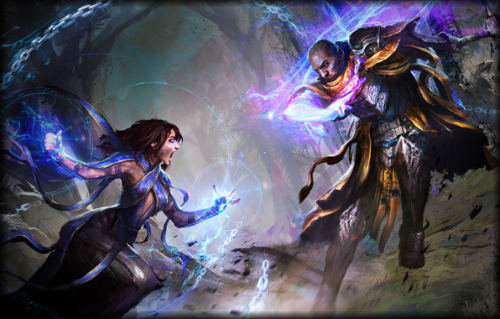


 Flag Writing
Flag Writing